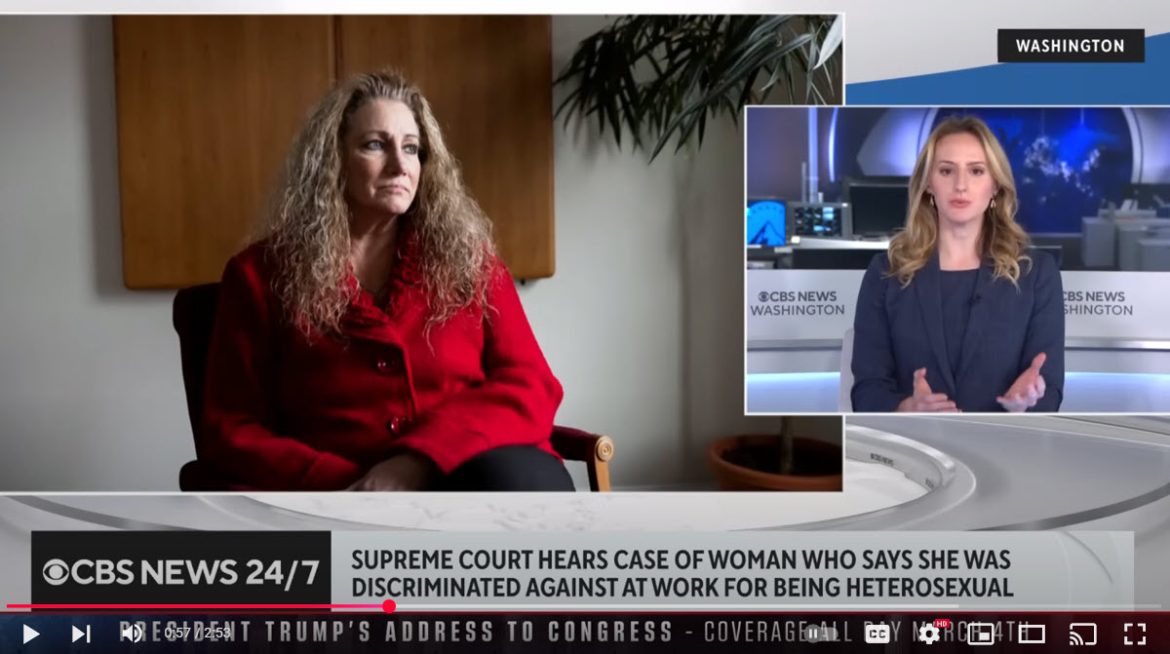The U.S. Supreme Court appears ready to rule in favor of Marlean Ames, a heterosexual woman from Ohio, who alleges she faced workplace discrimination due to her sexual orientation. Ames contends that she was denied a promotion and subsequently demoted in favor of less-qualified gay colleagues at the Ohio Department of Youth Services. This case challenges the heightened evidentiary standards imposed on majority-group plaintiffs in employment discrimination lawsuits.
During recent oral arguments, the justices expressed skepticism toward the “background circumstances” requirement, a legal standard in some jurisdictions that demands majority-group plaintiffs provide additional evidence suggesting their employer discriminates against the majority. Justice Brett Kavanaugh highlighted the inconsistency of this standard, stating that discrimination based on sexual orientation should be prohibited regardless of whether the individual is heterosexual or homosexual. Ohio’s Solicitor General, T. Elliot Gaiser, concurred, acknowledging that such a requirement is inappropriate and diverges from the principles of equal treatment under Title VII of the Civil Rights Act of 1964.
The case, Ames v. Ohio Department of Youth Services, has garnered significant attention due to its potential implications for employment discrimination law. A ruling in favor of Ames could eliminate the disparate standards currently applied to majority and minority plaintiffs, ensuring uniformity in how discrimination claims are evaluated. This decision may also influence the ongoing national discourse on diversity, equity, and inclusion initiatives, as it could lead to an increase in “reverse discrimination” claims by individuals from majority groups.
Legal experts note that the Supreme Court’s forthcoming decision could standardize the evidentiary requirements for all discrimination plaintiffs, reinforcing the principle that workplace bias claims should be adjudicated without regard to the plaintiff’s membership in a majority or minority group. The ruling is anticipated by the end of June 2025 and is expected to have far-reaching consequences for employment practices and anti-discrimination policies across the United States.



